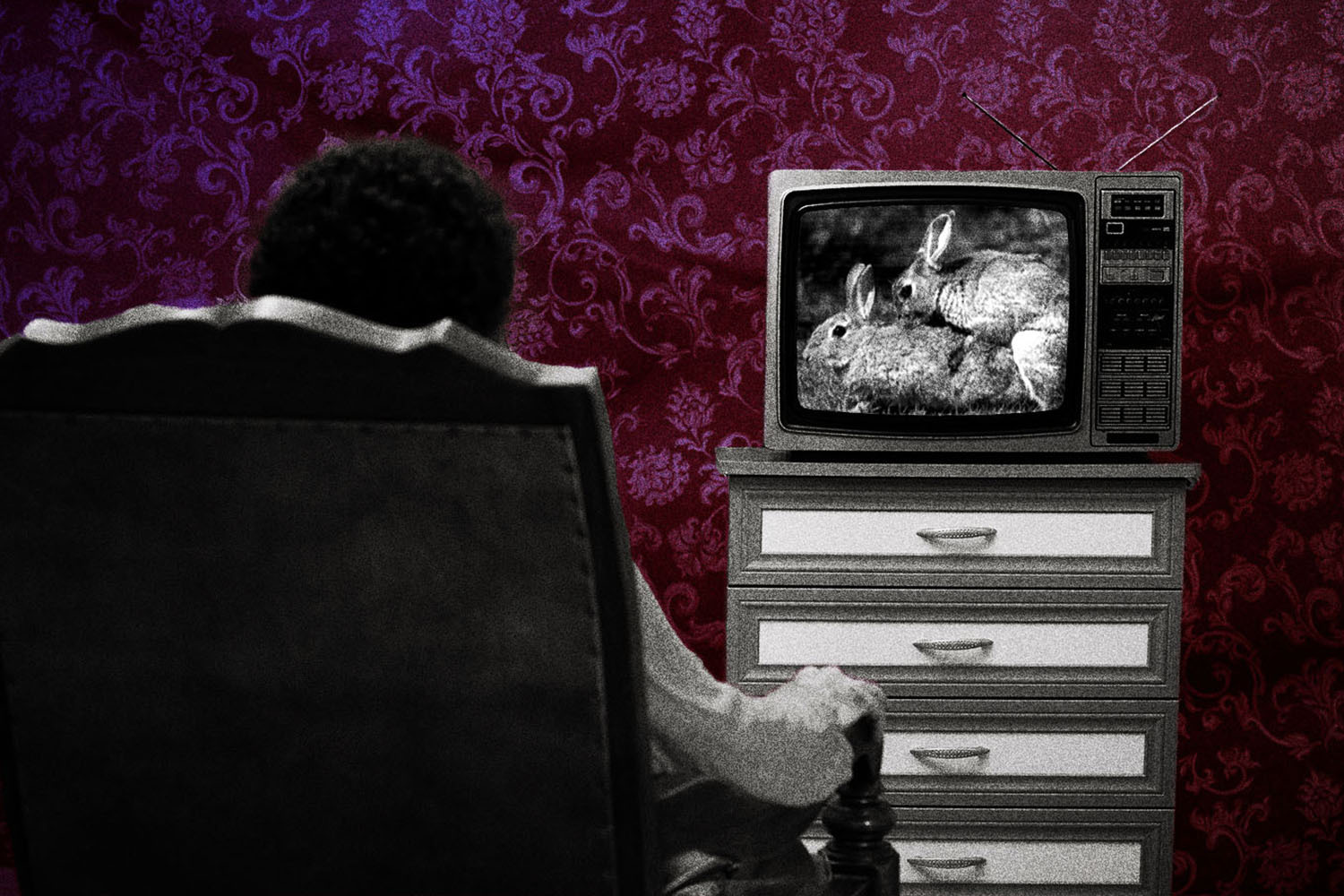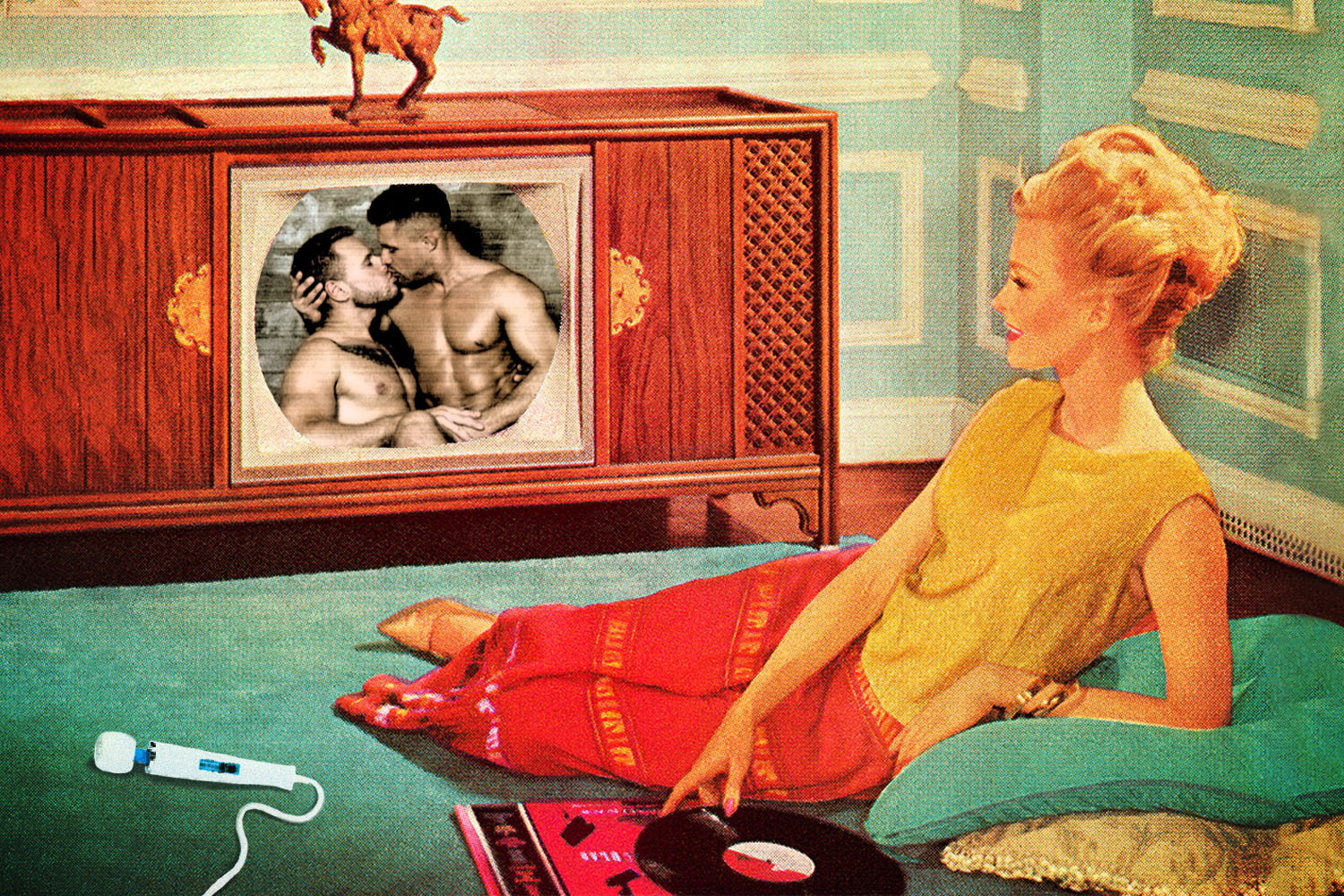There are people who say you can get addicted to anything, and then there are those — including many experts, mind you — who argue that the word “addiction” actually refers to a very specific kind of condition and shouldn’t be thrown around willy-nilly when you’re talking about something like chocolate, sex or porn. But despite the fact that many sex and addiction experts alike contend that “sex addiction” (or related faux-“addictions” to porn or masturbation) is not a real thing, the internet remains home to nearly as much misinformation about the dangers of “porn addiction” as it is to porn itself. There are also a number of tools and platforms that claim to help usually self-diagnosed “addicts” combat their porn problem, including Remojo, an app that purports to help men quit pornography.
As a sex- and sex work-positive writer who is also huge advocate for shame-free self-pleasure, I’m generally pretty suspicious of any anti-porn or -masturbation movements, initiatives, platforms or mentalities. Such movements, like the internet’s annual No Nut November challenge, are often rooted in sex-negative, antiquated and often misogynistic ideologies, and sometimes have ties to more overtly sinister campaigns and communities. These undercurrents can be tough for the average person to spot, though, because anti-porn crusades are often veiled in the language of health, wellness or morality.
Remojo appeals largely to the former two, touting the multiple benefits kicking your porn habit can have on your mental health, wellbeing and personal relationships. Advertising on Remojo’s website encourages men to “join the 1%” of young men who don’t watch porn and instead “choose to take back control of their mind, energy, sex life and masculinity” by giving up porn. “Kick the habit. Free your mind. Reclaim your vitality.”
Are there ways excessive porn use could negatively affect aspects of your life, health and wellbeing? Sure. But the notion of porn as an inherently evil vice men need to quit (for $4.99 a month) in order to access an elite tier of uncompromised masculinity certainly seems to reflect antiquated, harmful notions about sex and masturbation left over from the late 1800s, when a deranged man named Kellogg invented the blandest cereal he could think of to sell as an anti-masturbation food. Moreover, use of language like “masculinity” and “vitality” also reflects harmful belief systems that link abstinence, self-control and even semen itself to increased virility — ideas that also have overlap with problematic and sometimes violent communities like incels, men’s rights activists and pickup artists.
Remojo also proudly counts a number of religious men among its user base. According to TechCrunch, “a key cohort of Remojo’s users are thus Christians, Muslims and Hindus looking for help to live up to religious ideals” by kicking their porn habit. How other people choose to practice their own religion is certainly no business of mine, but if your god doesn’t want you to masturbate, it sounds to me like you should probably get a new god. More importantly, it sounds to me like Remojo is essentially trying to profit off of men’s shame reinforced by bullshit societal and/or religious mores and rebrand it as “wellness.”
Look, is it possible to abuse porn? Sure, probably. But for many people, porn can be an important part of a perfectly healthy sex life, both solo and partnered. It can be a great way to get in touch with yourself and your sexuality, to learn more about your fantasies and desires, and, yes, to enjoy those fantasies and desires with yourself or a partner (and there’s absolutely nothing wrong with that).
That’s not to say, however, that porn necessarily has to be part of a healthy sex life. Not being into porn (or choosing to avoid it) doesn’t mean that you’re sexually frigid or stunted. Just as there’s nothing inherently wrong with porn, there’s also nothing inherently wrong with quitting porn if you want to. Plenty of people make the decision to quit objectively neutral things and habits all the time in the interest of becoming happier or healthier — that’s kind of the whole point of New Year’s Resolutions. But with something as socially fraught as porn consumption, it’s worth checking in with yourself to make sure that decision is a personal one, not one influenced by shame or social mores. If you think giving up porn would improve your quality of life, that’s your prerogative. I can’t tell you what to do, and neither can some app trying to cash in on your shame.
Whether you’re looking to get into shape, or just get out of a funk, The Charge has got you covered. Sign up for our new wellness newsletter today.

















